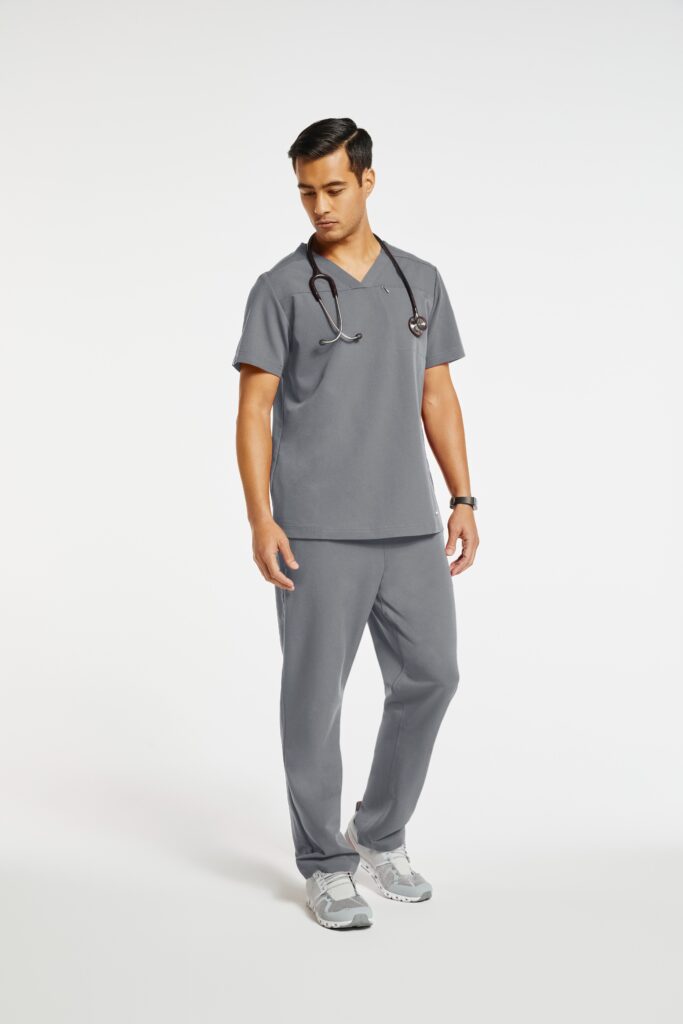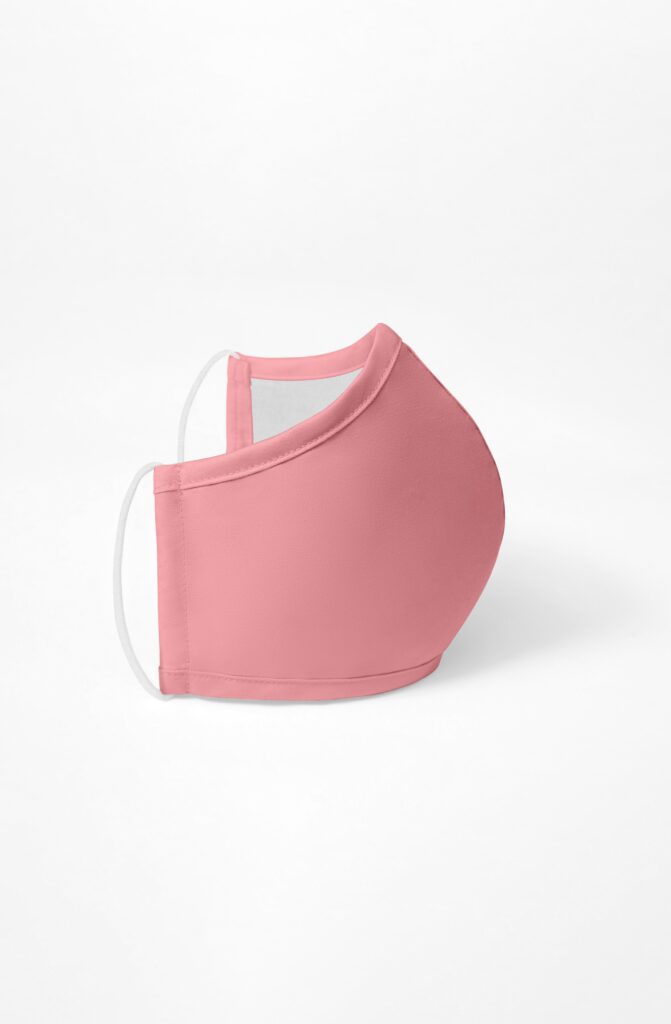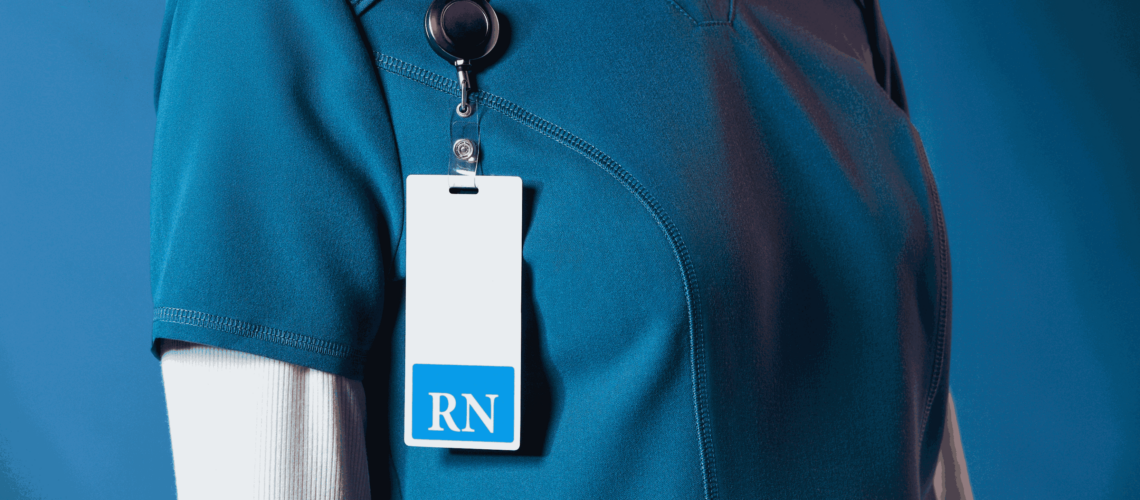We know this may seem like a rudimentary question, but let’s just get it out of the way before we address some bigger ones: What is a nurse?
Just shy of being superhuman, nurses are far more than medical professionals in scrubs who draw blood and insert IVs all day. They’re an important part of the healthcare ecosystem and essential members of patient care teams that include other nurses, specialists, and physicians. They’re not only intermediaries, caregivers, and advocates but also providers of excellent clinical care.
To give you a greater sense of the importance of nursing, let’s explore some of the most common responsibilities and skills these healthcare professionals perform and when and where they do so. We can claim that no medical setting can function without nurses, and you’ll know why in a few minutes!
Common nurse responsibilities
A nurse’s responsibility to patients starts with empathetic care based on deep clinical knowledge. This statement also holds true for most healthcare roles. So what sets nurses apart? Below are some of the most common tasks registered nurses (RNs) perform:
- Observing patients’ conditions
- Assessing patients’ symptoms
- Talking to and educating patients on their conditions and symptoms
- Keeping careful records of patients’ medical histories and symptoms
- Administering medications (orally and intravenously)
- Monitoring patients for medication side effects or reactions to treatments
- Getting patients ready for exams, treatments and, in some cases, surgeries
- Helping implement patient care plans formed by the healthcare team
- Providing wound care (dressing and treating cuts, burns, and incisions)
- Operating technological or medical equipment
- Assisting physicians in procedures and, in some cases, surgeries
- Taking lab samples (blood, urine, etc.)
- Acting as a liaison between patients and doctors
- Talking with patients’ support systems, like family members, to ensure they understand symptoms, conditions, and care plans
- Mentoring less experienced nurses or licensed practical nurses (LPNs) and certified nursing assistants (CNAs)
- Providing emotional support for patients who receive difficult diagnoses
Remember, there are multiple types of nurses who focus on different specializations or take on unique roles like teaching or leading others. If you’re interested in a specific area of nursing or in pursuing a nurse practitioner role, be sure to check out the responsibilities of professionals in those fields.
Some valuable nursing skills

Excellent nurses put their innate interpersonal skills to work alongside “hard” skills, also known as clinical skills. As they progress in their nursing careers, they hone other “soft” skills that help them better manage patient interactions and complement the natural abilities they were born with. Here are some examples of both hard and soft skills that healthcare professionals should possess:
Hard skills
- Manage urgent/emergency care
- Take vital signs
- Understand patient safety
- Can break down complex medical topics for patients
- Have a knack for technology
- Can assess patients’ needs
Soft skills
- Caring
- Empathetic
- Energetic
- Critical thinker
- Problem-solver
- Humorous
- Organized
- Efficient in terms of time
- Team player
- Compassionate
- Professional
- Confident
- Proactive
Where do nurses work?
When many of us think of nurses, we imagine them running from patient to patient on a hospital floor. (We may have “Grey’s Anatomy” to thank for that!) But nurses work in a variety of locations, including some pretty exciting ones like airlift helicopters. Wherever there are patients in need, there are healthcare providers. Here’s a comprehensive list of nursing work environments:
- Hospitals (including intensive care units, emergency rooms, acute and critical care units, surgical units, neonatal units, and oncology wards)
- Private practices
- Public health organizations
- K-12 schools and universities (providing clinical care)
- Correctional facilities
- Mental health facilities
- Camps and retreats
- Academic settings like nursing schools (as professors)
- Patients’ homes
- Geriatric settings like nursing homes and adult care facilities
- Emergency vehicles like ambulances and helicopters
- Law offices (as forensic nurses)
- Insurance companies
- Telehealth companies
- Military bases and other armed-force settings
- Self-owned practices (as consultants, coaches, or educators)
- At home (in freelance roles like medical writers)
How long are nursing shifts?

Healthcare settings like hospitals need nursing support around the clock, which means nurses rotate on and off, working 8-, 10- or 12-hour shifts. Some nurses work during the day, while some take night shifts.
Nurses who work in other environments, like schools and doctor’s offices, usually enjoy a more traditional 8-hour workday (focus on day). These settings offer a 9-5 schedule—or in the case of school, 8-3 with summers off!
So what does a common shift look like for a nurse (no matter what time of day)? Of course, nurses with specialized careers like emergency or school nursing will have a different schedule, but a hospital RN’s shift should look like the following:
- Exchange patient information with nurses finishing their shifts
- Review bloodwork, test results, and doctors notes
- Perform patient assessments
- Administer medications
- Send lab work
- Provide care as needed throughout the shift to patients who need bag changes or assistance
- Document and assess new admissions as they come in
- Take a break (and eat something nutritious)––this is highly important to avoid a burnout situation.
- Repeat tasks from the shift’s beginning
- Assess whether any patients need to be discharged
- Complete patient notes for the next nurse to follow
- Head home for some rest and relaxation
What are some common tools nurses need?
The fact that there’s a market for nursing tool organizers and 10-pocket cargo scrubs says it all. Nurses carry a lot around with them to make their jobs easier and ensure they aren’t scrambling in an emergency. Here are a few tools essential to nursing practice:
- Medical tape
- Gauzes
- Medical shears
- Writing implements
- A pen light
- A stethoscope
- Antibacterial gel
- Hand lotion
- Reference guides
- A face mask
- Basic over-the-counter medications
- A clipboard
- A thermometer
- An oximeter
- A badge holder and lanyard
- Reusable coffee mugs and water bottles (staying hydrated on the job is a must)
- Comfortable shoes
- Compression socks
- Performance scrubs
One thing all nurses do on a daily basis, no matter where they work, is wearing a pair of comfortable, sweat-absorbent scrubs. Treat yourself to a high-quality pair from our premium collection to make your shift a bit easier, and don’t miss out on all our blog content to help you stay motivated between shifts. We’re here for you!

